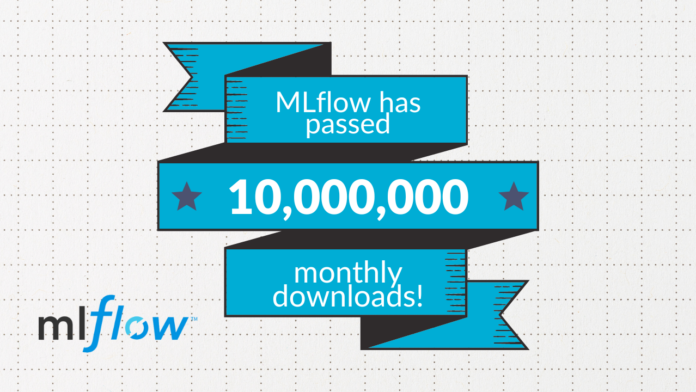Read the original blog here Read More
What happens when you delete a file in Linux?
Understanding how the rm command works helps you make informed decisions about how you trash, delete, or shred files.
Read More at Enable Sysadmin
Add listening ports to firewalld with Ansible
Ansible’s community.general.listen_ports_facts module finds all listening TCP and UDP ports on your system.
Read More at Enable Sysadmin
How to build Ansible execution environment images for unconnected environments
Create a defined, consistent and portable environment for executing automation jobs on air-gapped or disconnected systems.
Read More at Enable Sysadmin
5 ways Red Hat Insights can improve your sysadmin life
Included with your Red Hat Enterprise Linux subscription, Red Hat Insights can improve your life as a sysadmin.
Read More at Enable Sysadmin
Navigate the Linux terminal faster, test with LTP, and more tips for sysadmins
Navigate the Linux terminal faster, test with LTP, and more tips for sysadmins
Image
Check out Enable Sysadmin’s top 10 articles from October 2022.
Posted:
November 2, 2022
|
%t min read|
by
Vicki Walker (Editorial Team, Red Hat)
Topics:
Linux
Monitoring
Read the full article on redhat.com
Read More at Enable Sysadmin
Store and analyze your test-suite logs with this open source tool
Bunsen is a Python-based toolkit that keeps test-suite logs in Git and lets you analyze and report the results using an SQLite database.
Read More at Enable Sysadmin
How to work with lists and dictionaries in Ansible
Learn how to analyze and use data in lists and dictionaries, a crucial skill for anything you want to do with Ansible.
Read More at Enable Sysadmin
Replace your Linux file manager with Midnight Commander
If you want the experience of “walking” through your filesystem but don’t want to leave the comfort of your terminal, try the mc command.
Read More at Enable Sysadmin


